A lawmaker with decades of experience in law enforcement plans to file more legislation meant to help victims of domestic violence in ways he wished he could have during his career.

Representative Lane Roberts (R-Joplin) said in his career, including as Joplin’s Police Chief, he was often frustrated at seeing how abusers used the court system to continue to intimidate and persecute victims.
“Over the years I found myself dealing with a number of different circumstances wherein I truly thought the right thing to do in protecting the victim, frankly, was not provided for in law. So I wound up having to explain to victims why I couldn’t do the things that the victim and I both knew were in their best interest. I watched abusers and, in some cases, their representatives twist, manipulate, take advantage of loopholes, doing things that I think the law provided for but not by intent,” said Roberts. “It was a result of trying to ensure that we treated both sides of the discussion fairly. Someone who’s been accused of a crime is innocent until they’re proven guilty, so we do need to make that acknowledgement. We do need to make sure that they receive due process. But, if the end result is the other side of that equation is abused or treated unfairly, that doesn’t make any sense. There’s no balance there.”
Jennifer Carter Dochler with the Missouri Coalition against Domestic and Sexual Violence says the issues the bill would address are ones seen time and time again in cases throughout Missouri.
Roberts proposes specifying that when a person receives notice from a court that a hearing will be held on an order of protection against them, that serves as notification of any orders the court issues on the date of that hearing. He said this is because often a person who is the subject of an order of protection will violate it, then say in their defense that they didn’t attend the hearing and therefore didn’t know the order had been put in place. He said this amounts to pleading ignorance, and case law has supported this defense.
Carter Dochler said by the time an order of protection hearing is held, a victim has, “already asked the court for safety, and so let’s try to reduce a burden that we have continued to hear, over the years, creates safety issues.”
Another provision would allow victims to testify in court via video conferencing. Carter Dochler said in addition to victims having to make time to go to court over and over, each time having to incur costs for things like travel and childcare, there are many safety concerns for them when testifying in court. Allowing them to provide testimony over video would be a simple fix.
Roberts called the video conferencing language one of the pieces of the bill he’s the most committed to, because he’s seen that victims can often be reluctant to testify.
“It’s difficult to describe, for those of us who’ve never experienced it, what it must be like to be the victim of repeated, and in some cases, vile abuse, to have to sit in the same room with [the person responsible] and have their lawyer pick you apart or have them staring at you with the intent of intimidating you,” said Roberts. “How many people don’t show up to court because they don’t want to experience that? How much fear does that create in the mind of somebody who maybe had it in mind that they were going to go forward and then it comes down to the reality of facing somebody in the same room?”
The bill would also specify that victims and their witnesses don’t have to reveal home or workplace addresses when testifying in court, unless the court deems it necessary.
“In many cases abusers and wrongdoers will continue to do things that are abusive and wrong for the purpose of advancing their interests in court, and that includes intimidating, threatening, or physically harming witnesses and victims,” said Roberts. “What we’re really talking about here is giving them some level of comfort that people won’t know where to find them if they step up and do the right thing.”
A provision the Coalition specifically wanted would clarify that a court can order payment of attorney fees incurred by a victim before, throughout, and after a proceeding. Carter Dochler said because the current statute includes the word, “or,” an attorney successfully argued in one case that the abuser wouldn’t have to cover fees for all of those time periods.
“This is another instance where grammar does matter,” said Carter Dochler. “The intention has always been that somebody could request the respondent to cover reasonable court fees … we’re taking this opportunity to clarify what the intention was.”
Roberts said based on the response he’s gotten from advocates, he already plans to change some of the language he’s prepared. In particular, he expects to amend a provision that would bar prosecutors from offering plea bargains to defendants facing certain levels of domestic violence charges.
“Maybe we overshot on that,” said Roberts.
Other pieces of this bill would require anyone convicted of domestic violence to pay $1,000 to a shelter in the same city or county as the victim; and require that when they are ordered to take a class on domestic violence, they must pay for it.
In the 2021 session Roberts proposed other domestic violence statute changes that became law in June. These allowed for orders of protection to be extended for up to a lifetime; covered pets under orders of protection; and expanded the definition of “stalking” to include the use of technology such as GPS and social media, or the use of third parties.
Roberts said those pieces of legislation drew something of a “fan following” in Missouri, and for good reason.
“Many people understand that domestic violence is a real part of everyday life for some people, and hopefully folks have begun to realize that those of us who’ve never been in those situations really cannot understand how horrible it is to live in constant fear, and in the home that’s supposed to be your haven and your safe place,” said Roberts. “I’ve just seen it for the better part of five decades and the things that we’re talking about here are those kind of individual elements that I feel I can do to maybe remedy some of that.”
Carter Dochler said the Coalition is grateful for Roberts’ focus on these issues.
Roberts plans to file this legislation on or after December 1, when prefiling of bills for the 2022 session begins.

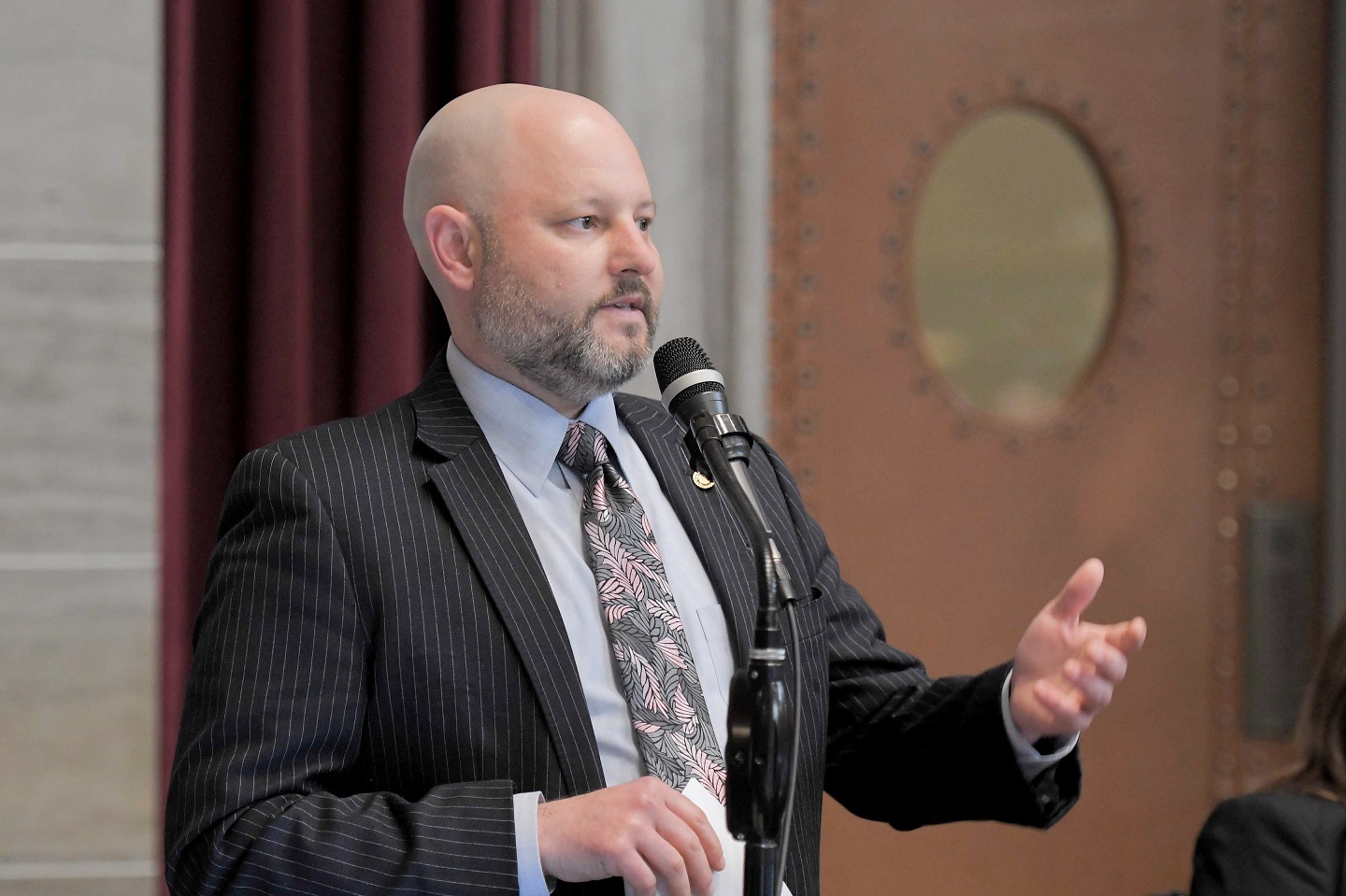



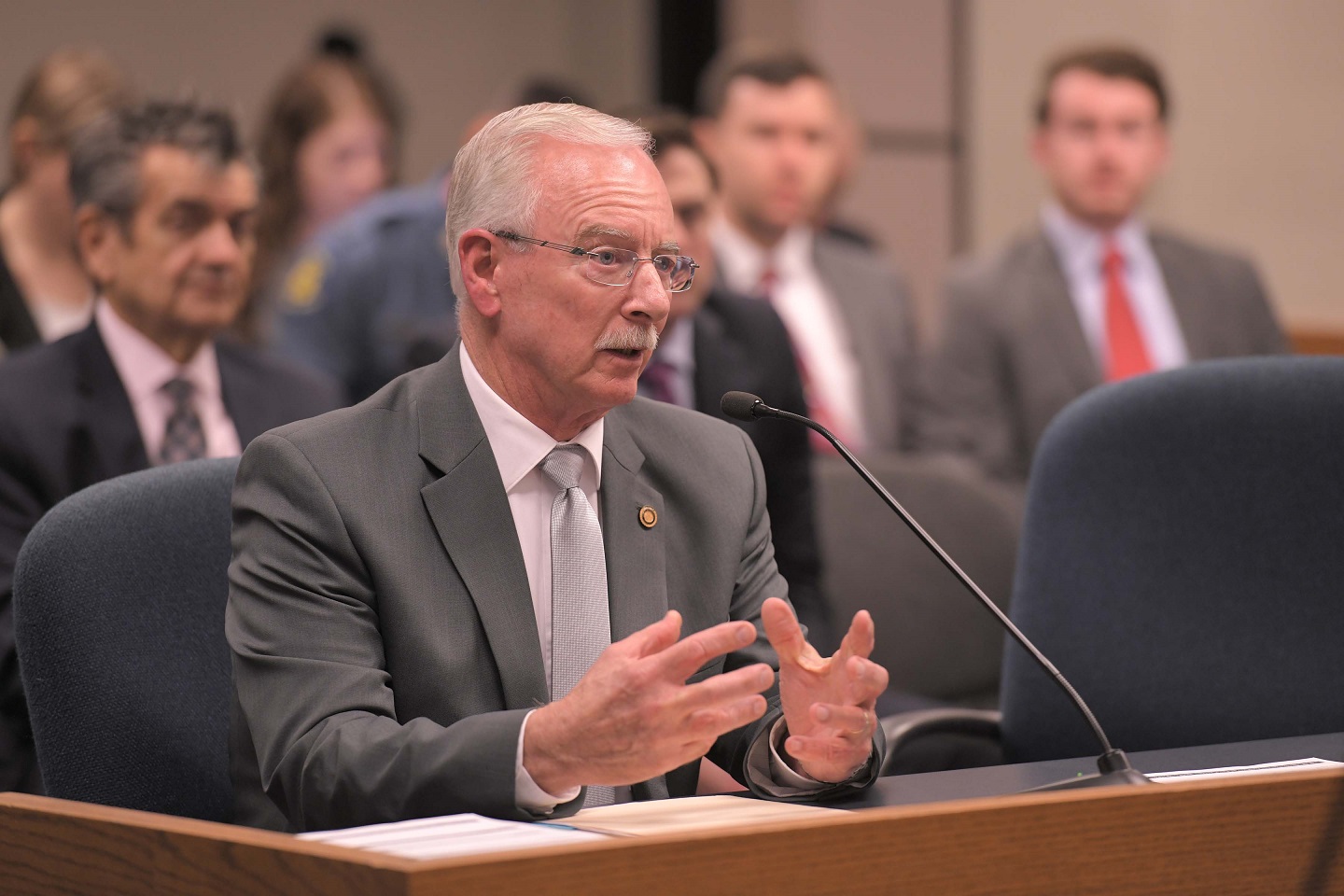
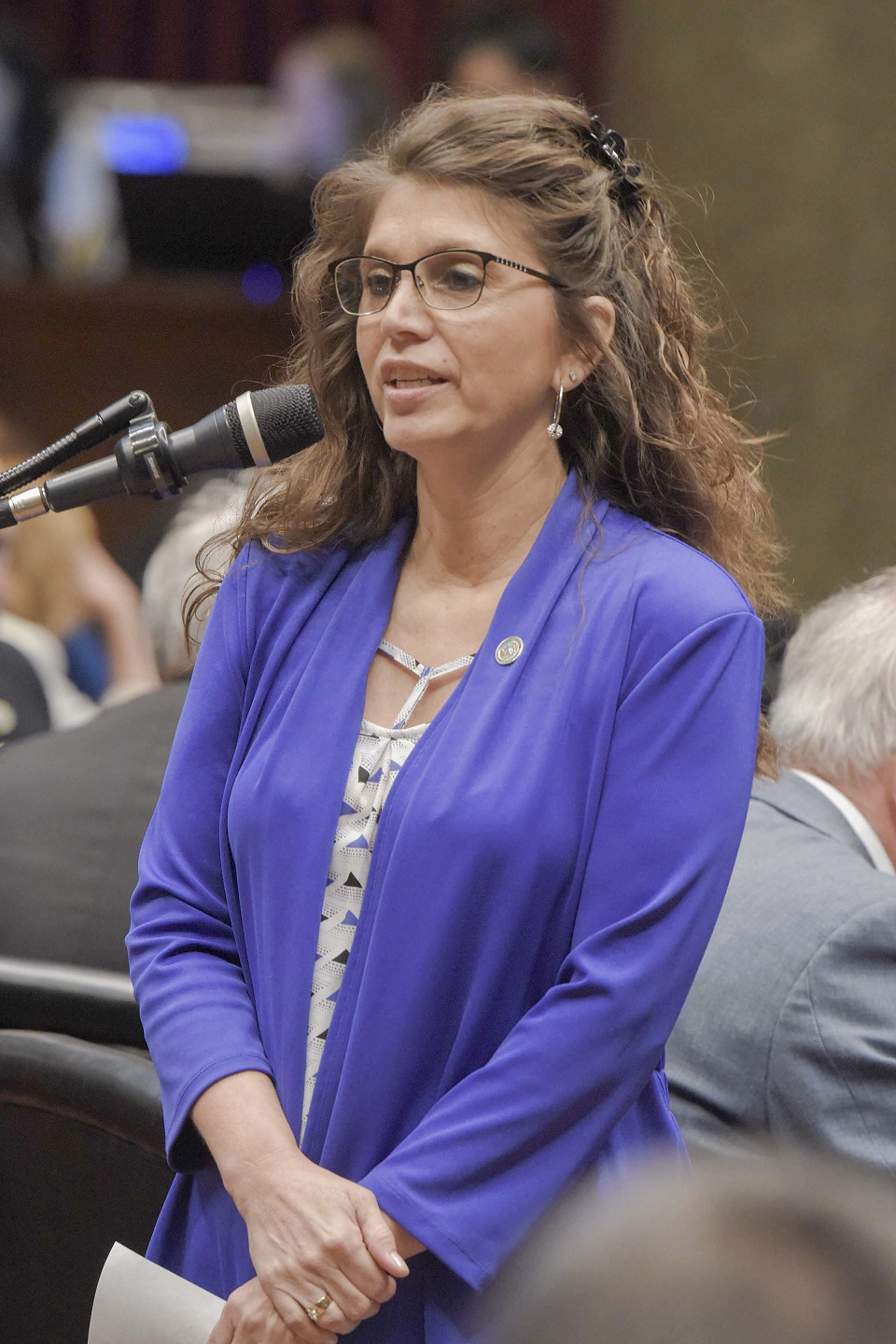
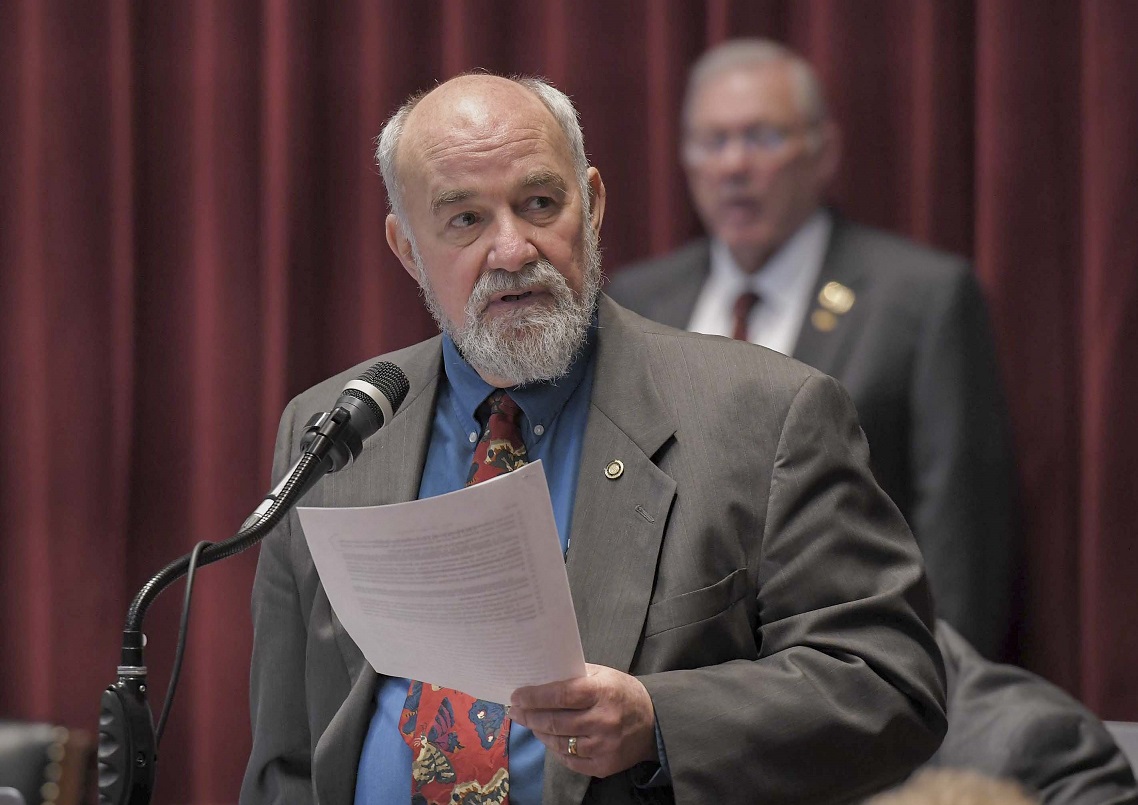

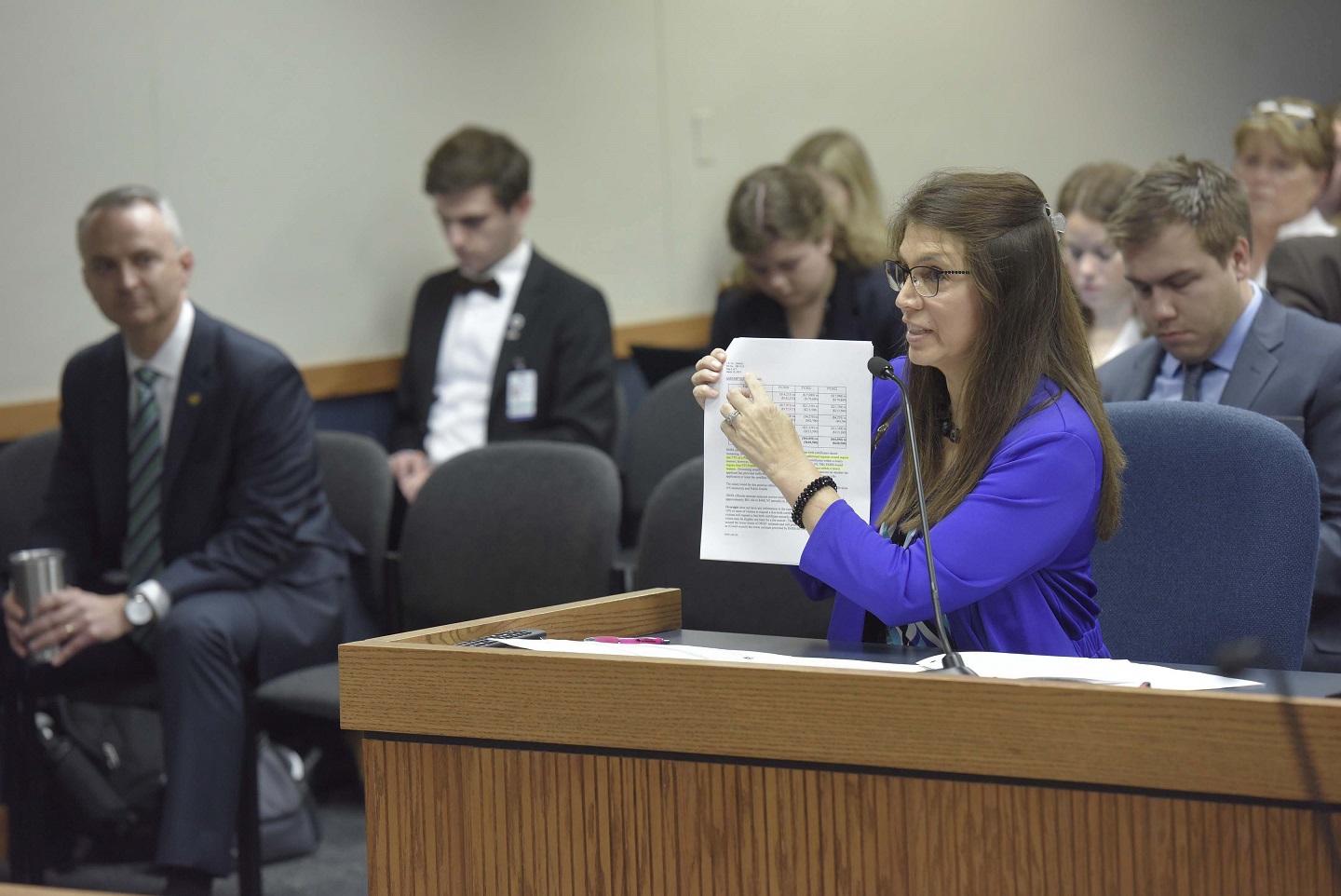

.jpg)
